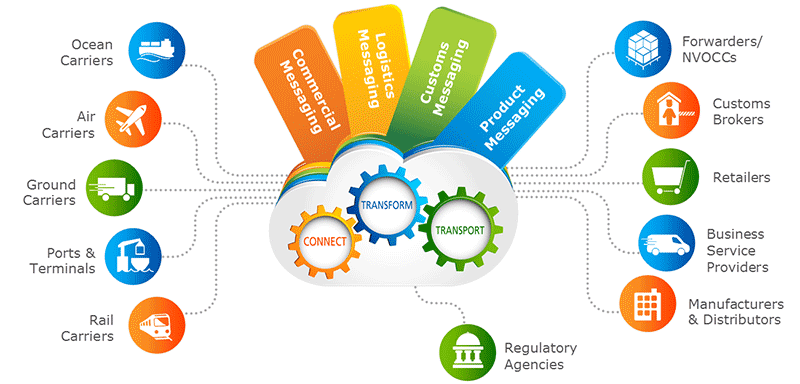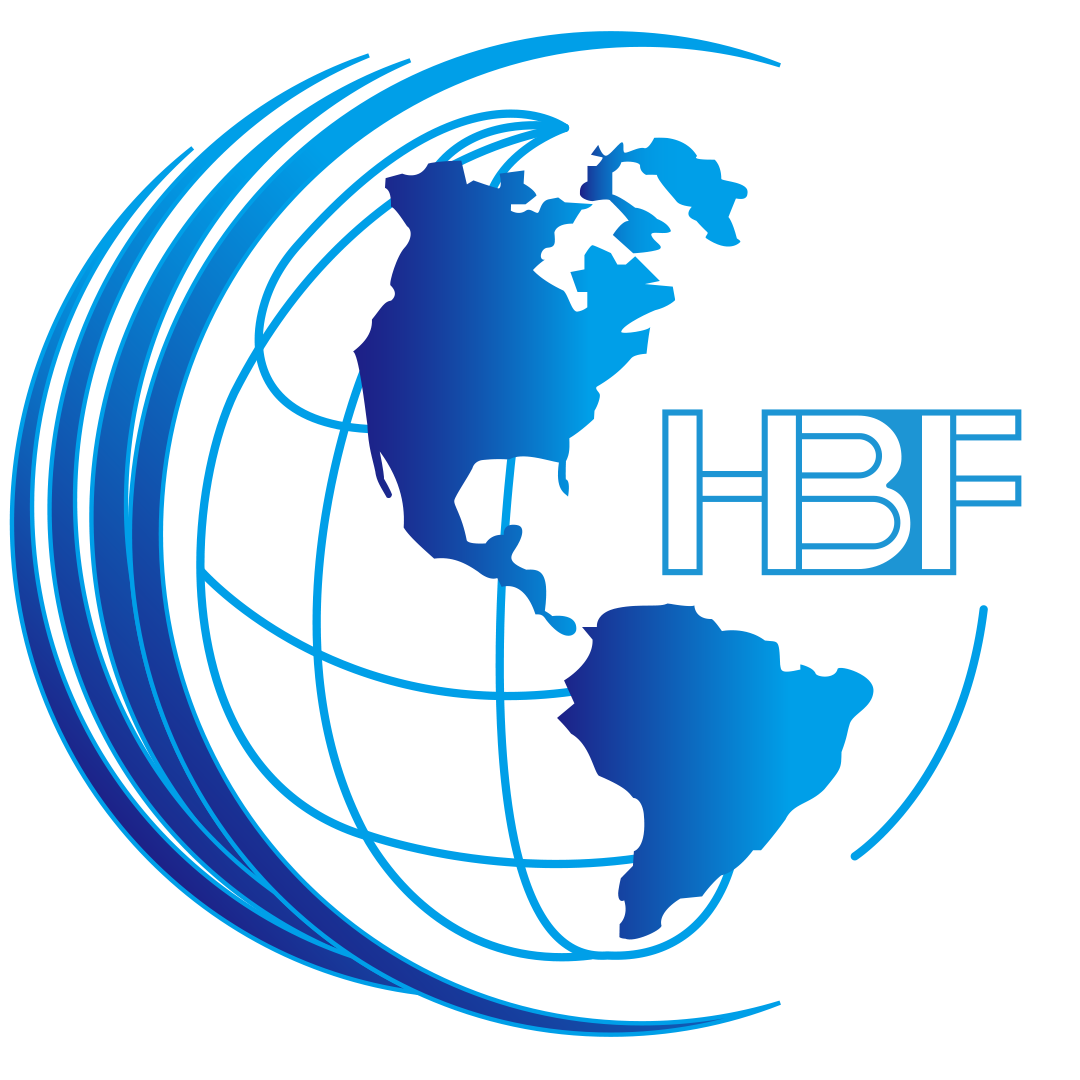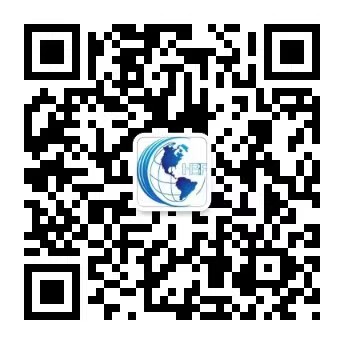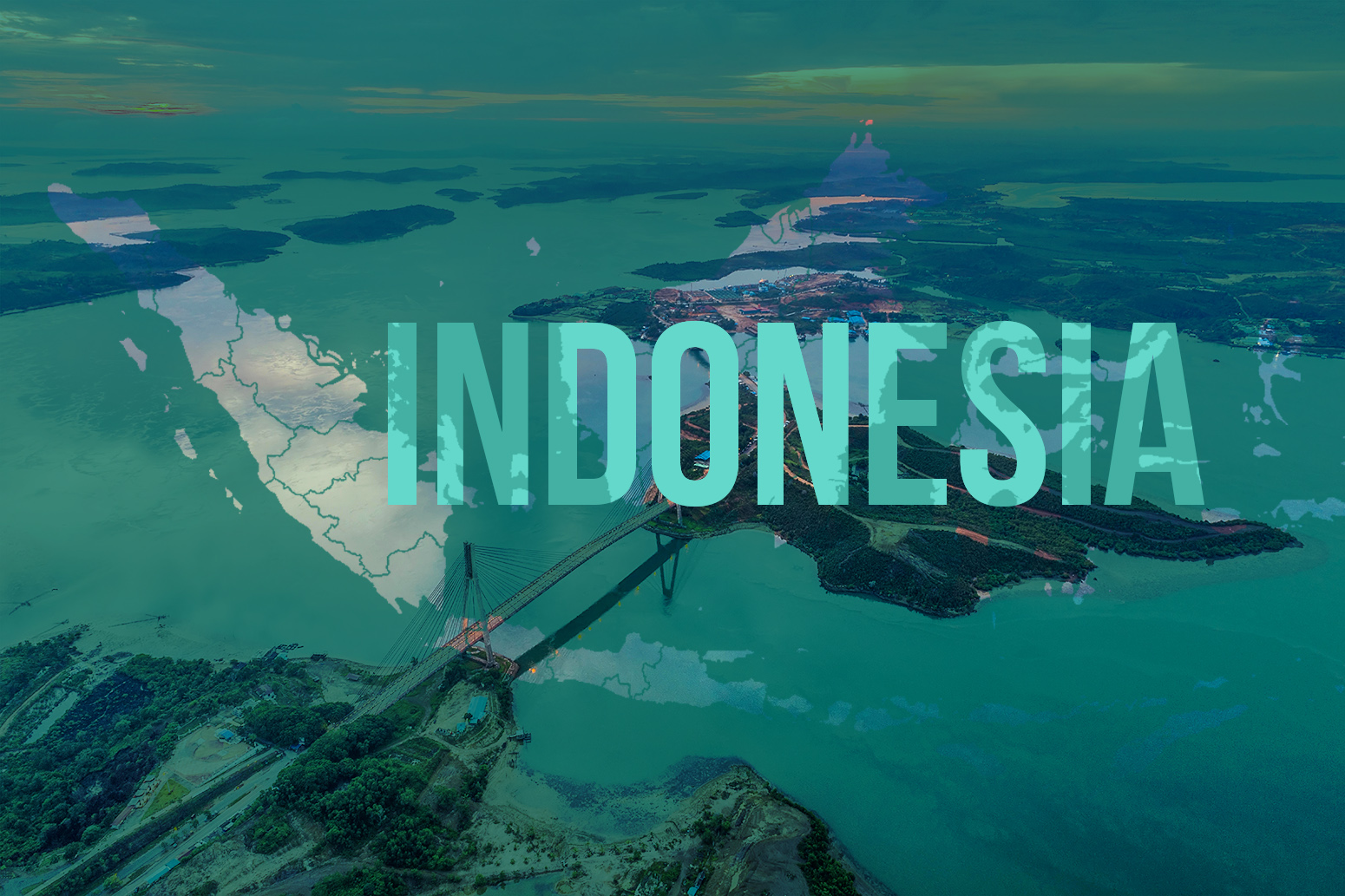2025年第一季度,印尼进出口贸易与跨境电商市场呈现结构性变化。在全球经济复苏与区域合作深化的背景下,印尼政府通过政策调整与市场开放双轨并行,推动贸易平衡与数字经济发展。以下是关键动态解析:
一、进出口贸易:顺差扩大与结构性调整
贸易顺差超预期
根据印尼中央统计局数据,2025年1月贸易顺差达34.5亿美元,同比扩大72.5%,主要受进口下降(-2.67%)和出口增长(4.88%)推动。其中,煤炭、农产品出口回暖,而机电产品进口依赖度仍较高
- 对华贸易逆差扩大:2024年前11个月,印尼对华贸易逆差达89.7亿美元,主要因自中国进口机电产品激增(13.9%)
- 美国、印度成顺差主力:对美顺差增长18.5%,对印顺差增长12.5%,显示印尼在劳动密集型产品出口上的竞争力
政策调整与产业保护
- 关税新政生效:2025年3月5日起,印尼对价值3-1500美元的进口商品免征附加关税,但箱包、纺织品等商品仍面临25%高税率,倒逼跨境卖家转向本土化运营
- 镍矿基准价上涨:2025年3月镍矿内贸基准价温和上涨,强化印尼在全球镍供应链的主导地位,同时吸引外资布局新能源产业
二、跨境电商:政策趋严与市场扩容
市场规模与平台竞争
- GMV突破530亿美元:2025年印尼电商市场规模预计达530亿美元,Shopee、Tokopedia、TikTok Shop占据70%以上份额,其中TikTok Shop与Tokopedia合并后月活用户增长40%
- 斋月消费热潮:2025年斋月期间(3月1日-30日),家居装饰、传统服饰、快消食品需求激增,电商平台通过直播带货和运费补贴抢占市场份额
合规挑战与本土化策略
- 进口监管升级:印尼成立19部门联合工作组,严查纺织品、电子产品等灰关进口,要求跨境商品提供SNI认证和进口配额
- 本土化运营成趋势:新规要求跨境店铺需注册印尼公司,部分卖家转向海外仓+本地团队模式。鸿图电商产业园等机构提供“一站式”注册、仓储及直播服务
品类机遇与物流优化
- 热门类目:健康产品(膳食补充剂)、智能家居(太阳能设备)及宠物用品增速最快,斋月期间清真认证商品销量增长200%
- 物流时效提升:中越保税仓网络缩短配送至5天,但印尼清关仍面临严查风险,建议卖家优先选择双清包税专线
三、政策建议与市场展望
印尼政府呼吁企业关注ESG标准,尤其是清真认证(Halal)和绿色供应链。中国商务部建议通过RCEP框架优化原产地证明流程,降低合规成本。长期来看,印尼市场将加速从低价铺货向品牌化、高附加值转型,本土化生产与数字化营销成为核心竞争力
In Q1 2025, Indonesia’s import-export trade and cross-border e-commerce sectors are undergoing structural shifts. Against a backdrop of global economic recovery and deepening regional cooperation, the Indonesian government is balancing policy reforms and market openness to drive trade equilibrium and digital growth. Below are the key developments:
1. Import-Export Trade: Surplus Expansion and Structural Shifts
Trade Surplus Exceeds Expectations
According to Statistics Indonesia (BPS), the trade surplus reached $3.45 billion in January 2025, surging 72.5% year-on-year, driven by declining imports (-2.67%) and rising exports (+4.88%). Coal and agricultural exports rebounded, while reliance on machinery and electronics imports remains high.
- Growing Trade Deficit with China: From January to November 2024, Indonesia’s trade deficit with China hit $8.97 billion, fueled by a 13.9% spike in machinery imports from China.
- U.S. and India Drive Surplus: Trade surpluses with the U.S. (+18.5%) and India (+12.5%) highlight Indonesia’s competitiveness in labor-intensive exports.
Policy Adjustments and Industry Protection
- New Tariff Rules: Effective March 5, 2025, Indonesia exempts imported goods valued between 3and1,500 from additional tariffs, but high duties (25%) remain on textiles and luggage, pushing cross-border sellers toward localized operations.
- Nickel Benchmark Price Hike: A moderate increase in domestic nickel prices strengthens Indonesia’s dominance in the global nickel supply chain and attracts foreign investment in renewable energy industries.
2. Cross-Border E-commerce: Regulatory Tightening and Market Expansion
Market Size and Platform Competition
- **GMV Hits 53Billion∗∗:Indonesia’se−commercemarketisprojectedtoreach53 billion in 2025, with Shopee, Tokopedia, and TikTok Shop holding over 70% market share. TikTok Shop’s merger with Tokopedia boosted monthly active users by 40%.
- Ramadan Sales Boom: During Ramadan (March 1–30, 2025), demand surged for home décor, traditional apparel, and fast-moving consumer goods (FMCG), with platforms leveraging livestream sales and shipping subsidies to capture market share.
Compliance Challenges and Localization Strategies
- Stricter Import Oversight: A 19-agency task force now enforces stricter checks on textiles and electronics, requiring cross-border goods to comply with SNI certification and import quotas.
- Localization Mandates: New rules mandate cross-border sellers to register Indonesian entities, prompting many to adopt “overseas warehouse + local team” models. Industrial parks like Hongtu E-commerce Hub offer one-stop services for registration, warehousing, and livestream support.
Category Opportunities and Logistics Upgrades
- Hot Sectors: Health products (dietary supplements), smart home devices (solar-powered equipment), and pet supplies are fastest-growing, with Halal-certified goods soaring 200% during Ramadan.
- Faster Logistics: China-Vietnam bonded warehouses cut delivery times to 5 days, but Indonesian customs inspections remain stringent. Sellers are advised to use DDP (Delivered Duty Paid) shipping lines.
3. Policy Recommendations and Outlook
The Indonesian government urges businesses to prioritize ESG standards, particularly Halal certification and green supply chains. China’s Ministry of Commerce recommends leveraging RCEP to streamline origin certification and reduce compliance costs. Long-term, Indonesia’s market will shift from low-cost bulk sales to branded, high-value products, with localized production and digital marketing as core differentiators.







